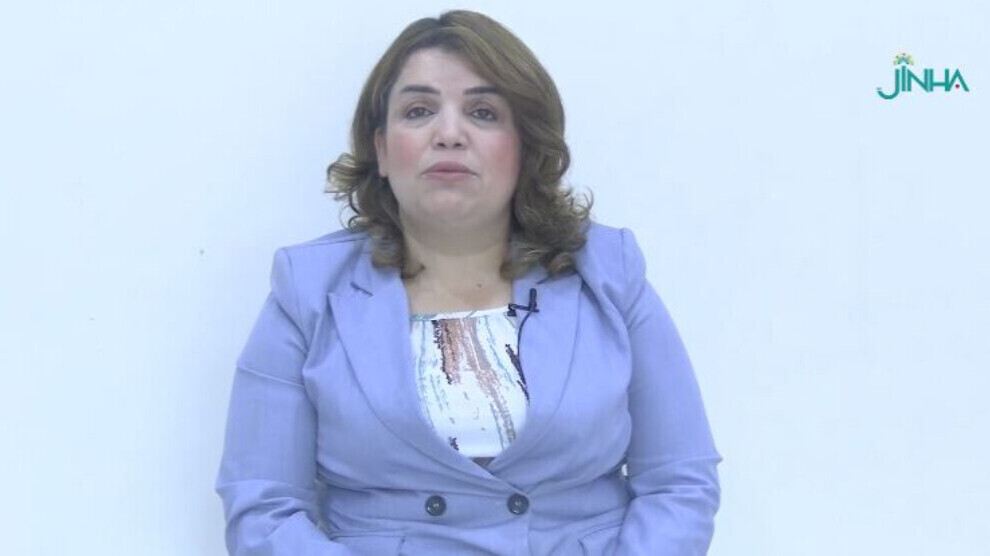Afan Mohammed: Quotas Hold Women Back from Real Political Power
The head of the Women’s Union in Howler said empowering Iraqi women requires moving beyond the quota system, developing strategic leadership programs, and ensuring women’s freedom to make independent electoral choices.

Howler – The noticeable decline in the number of female candidates running in Iraq’s parliamentary elections has sparked deep concern. Although the quota system—allocating 25% of seats to women—was originally designed to ensure their political participation, it has now become a subject of debate, as it increasingly limits their actual representation.
Candidates for the upcoming Iraqi parliamentary elections, scheduled for November 11, have emphasized that enhancing women’s participation requires empowering them to reach decision-making and legislative positions through their own votes—especially since women represent a significant electoral force that deserves genuine representation.
She called for a serious review of the system, stressing that women today are stronger, more influential, and capable of winning parliamentary seats through their own will and voters’ support—not through systems that restrict their ambitions.
The need to develop a specific strategic program to empower women
She called for the development of a dedicated strategic program for women’s empowerment, emphasizing that government bodies and political parties must adopt a clear plan that paves the way for women to reach decision-making positions. She noted that the Kurdistan Region has many politically active women; however, they are often deprived of proper opportunities due to political tensions and weak institutional support. Therefore, she stressed the importance of organizing political and academic training courses targeting women to prepare them for leadership and strengthen their presence in the political landscape.
Afan Mohammed also pointed out that women are often portrayed unfairly and inaccurately on social media platforms. However, female politicians do not fear such campaigns; instead, they confront them with confidence and determination. “When I decide to enter the political arena, I take into account that I might face offensive behavior from some unaware individuals. That’s why I make sure to have a clear plan to face these challenges with resilience,” she said
Lack of Freedom of Expression and Choice Among Women in Elections Raises Concern
Afan Mohammed expressed concern over the lack of freedom of choice among women in elections, noting that many male family members—particularly in traditional communities—make voting decisions on behalf of women, determining whom they should vote for, thereby stripping them of their right to free choice.
She said, “To this day, many women are still unable to make their own electoral decisions. At the Women’s Union, we work to raise women’s awareness of the importance of voting for female candidates, as elected women are better able to understand and genuinely represent women’s issues.”
In conclusion, Afan Mohammed added, “During our visits to families, we often hear men say, ‘Don’t worry, I’ll take her to the polling station myself.’ This, in itself, is clear evidence that women’s decision-making power is still being taken away from them.
